Markets, Politics and Economics: Quick, Big Bucks in Shorting But Risks Remain
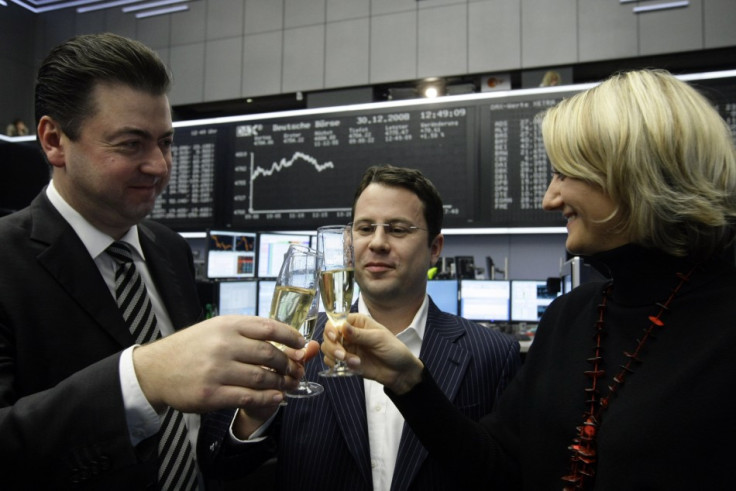
A month ago, I speculated, somewhat timidly, that 'go away and not sell' might be the best strategy for equities in May.
One month later, it is still not clear how successful this would have been and I have to admit to gritting my teeth for the last two days!
Prima facie, the smart thing to have done would have been to bail out in the middle of the month, especially from Japan, but now one would be filled with doubt as to when to get back in.
The case for selling off bonds seemed even less urgent but yields on US Treasuries and gilts started to climb in the second week of the month and those on a whole gamut of bunds, other European Monetary Union (EMU) and emerging market bonds followed suit a week later.
Clearer cut was the wisdom of avoiding gold, oil and most currencies versus the dollar.
So, what fundamentally, if anything, has changed?
The quick answer is: not much, despite some surprisingly sharp price movements.
Big Ben is Innocent!
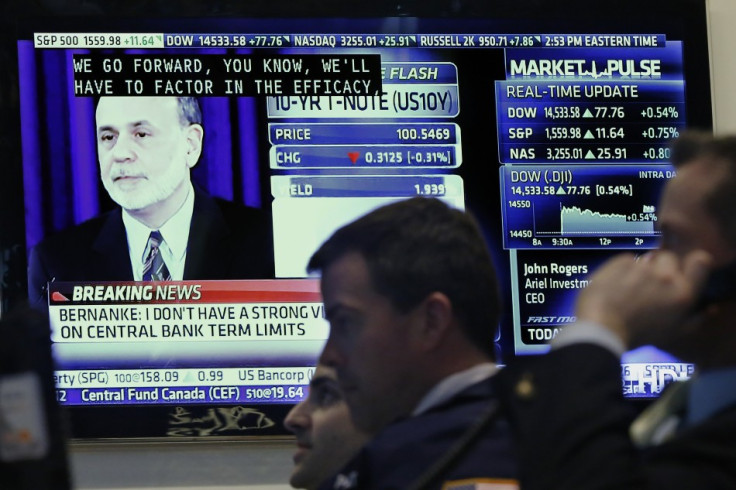
Many of the most recent market developments have been attributed to the central banks, especially the Federal Open Market Committee (FOMC) and the prospect of its asset purchase programme being 'tapered'.
There is no doubt that the quantitative easing (QE) in the US has had a major (if impossible to quantify) impact on international flows of funds and asset prices over the last four years.
It has also always been obvious that purchases at the current rate of $1trn per annum are not sustainable indefinitely.
However, Federal Reserve chief Ben Bernanke and his colleagues have repeatedly stressed that any tightening of monetary policy would only begin once it was clear that the US economy was going well, especially on the job-creation front.
Why, therefore, have investors become so jittery?
Had they been acting like ostriches, believing that QE would never end? Do they think the economy is not doing well enough for tapering to start?
Do they think the FOMC will mismanage the winding down process?
Perhaps a bit of all three: thereby encouraging taking some profits off the table, just in case. The bigger rollers may simply have got bored with Goldilocks scenarios. It is surely no coincidence that the biggest hits so far have been on those markets and individual stocks that have risen the most in 2013, running way ahead of macroeconomic fundamentals.
The Nervousness of Bond Investors Has Been Easier to Understand
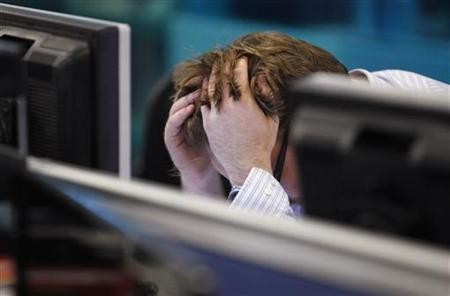
After all, the biggest buyer of US Treasuries and mortgage-backed securities is clearly thinking about reining back.
However, even here there is reason to expect that the shrinking US fiscal deficit will soon see a significant reduction in bond issuance and that pension funds will be willing and able to take up any slack left by the FOMC.
Moreover, the real pressure on yields will not come until the FOMC starts pushing up interest rates and nobody should expect that to happen for at least two years and probably quite gradually when it does.
Profit-taking must also be a factor here, especially on emerging markets bonds and other so-called 'high yielders', which had attracted some of the proceeds of FOMC largesse via risky carry trades. Some of these bonds had become so expensive that they had become 'somewhat ordinary yielders' if not downright oxymoronic. Using the dollar for funding has become increasingly perilous in 2013.
Then there is the renewed enthusiasm for QE in Japan to consider.
The BoJ is committed to purchases of ¥120 trillion over the next two years to add to its existing ¥60trn, which is the equivalent of $1.8trn and not much less than the FOMC's $2.5trn so far from QE1, 2 and 3.
It is hard not to believe that a good proportion of this extra liquidity will find its way to many of those places from where FOMC-generated liquidity is retreating. The yen carry trade has, in fact, already begun.
In contrast to the FOMC and BoJ, the European Central Bank (ECB) is prohibited from such money-printing activities.
In any case, the European banks are more interested in strengthening their capital base than increasing risk assets.
The two rounds of LTRO have given banks a breathing space, especially those in Greece, Spain, Ireland and Italy, but it is thought that very little of the €1trn actually made it into corporate loans that might add to economic growth.
Collateral has to be provided for any drawings by the banks and the ECB is funding itself in the market, so the money supply is unaffected.
Similarly, Mr Draghi's famous 'whatever it takes' pledge on government bonds requires market funding and can only be made available to countries both in compliance with a ECB/EU/IMF deficit reduction programme and with full access to the capital market.
(This pledge has not so far been taken up but remains remarkably effective in keeping down yields on sovereign bonds: Portugal is reported to be the first country to be considering applying.)
The Bank of England, of course, can and does print money but most members of the MPC have become reluctant to add to the £375bn programme and are looking more to the Funding for Lending Scheme, which is funded from the market. China, on the other hand, already has too much liquidity created by rampant bank lending, most of which is 'trapped' domestically thereby increasing the risk of a severe real estate crash.
All is Far From Lost in Europe
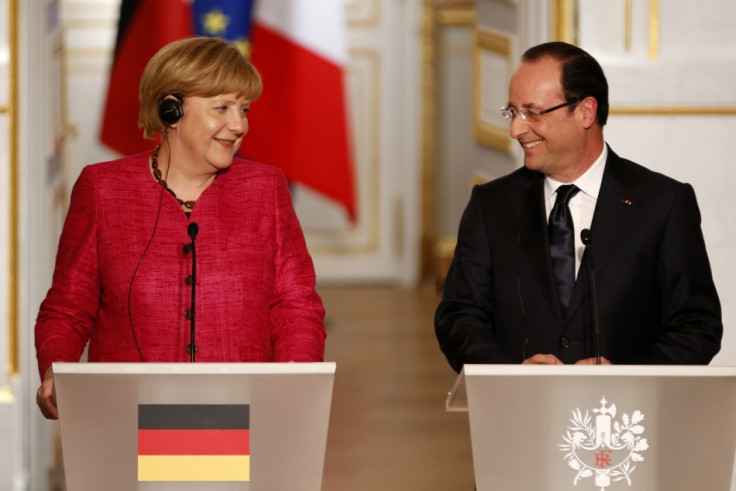
Last week's masterful can-kicking by German Chancellor Angela Merkel and her allies in Brussels has bought at least two more years for EMU countries to sort themselves out.
Quite an achievement and it will surely give businesses and consumers new heart in countries that have made real progress on structural economic reforms and cleaning up their banks (Ireland, Portugal and Spain.)
It should concentrate minds elsewhere but apparently not yet those of French President Francois Hollande and his ministers and France's tradition of government dirigisme makes private sector initiatives difficult.
Some sort of banking union-even if partial or interim-would give equities a shot in the arm but any significant economic growth is at least two years away.
As always, there will be great companies everywhere that will prosper irrespective of the domestic and international macroeconomic environment and initial-public-offering (IPO) markets should help to build up new momentum.
Honourable Mention for the UK
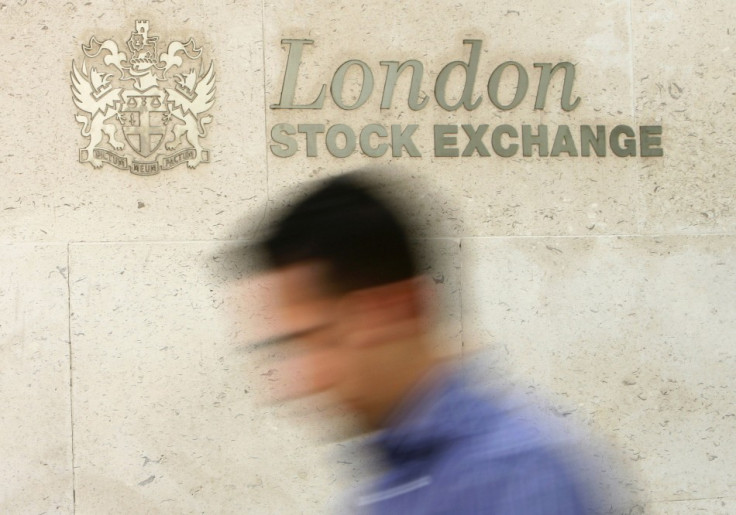
The FTSE 100 and 250 are experiencing some profit-taking after an excellent run since November when smarter and bolder investors ignored all the lugubrious triple-dip talk and joined Sir Merv in confidently expecting a recovery.
That recovery appears to have started at the turn of the year and might even be stronger by now was it not for bad weather, which kept people away from work and shops.
Unlike in the US, businesses are more optimistic than consumers but the latter are starting to cheer up thanks to lower inflation, higher tax allowances and more jobs on offer.
Decades of neglect and misguided policies are starting to be rolled back. This will underpin share prices and a run of good data over the next few months should take them further.
Best of all would be recovery in Europe, and this must be what UK Chancellor George Osborne most wants for Christmas.
He may yet get lucky.
Bonds, Gold, Oil, FX
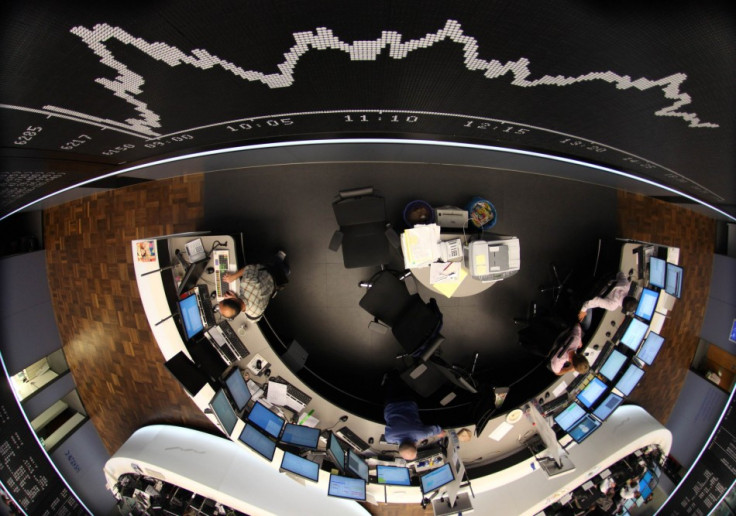
Yields on 'safer' bonds (US Treasuries, gilts, bunds and other northern Europeans) should rise gently as official rates are on hold for at least another two years. In contrast, those on Japanese Government bonds will be affected by the BoJ's determination to leap from years of deflation to inflation of 2% annually.
Yields on 'peripheral' Europeans will continue to converge once any hot money has decamped and for as long as the political will to preserve the EMU is perceived to be holding up.
Government bonds in other developed countries should also remain in demand but always vulnerable to speculative currency movements, for example the Australian dollar.
Emerging Market bond yields, almost by definition, will be the most volatile but should generally be capped by increased buying by emboldened yen carry traders.
Only in the last week Brazil has set itself up for some of this money in suspending its Financial Transaction Tax on bond purchases.
In the scramble for yield, credit risk may also be forgotten about ... until the next major default.
Gold should continue to fall away as FOMC tapering looms larger but the BoJ's QE may help to establish a floor later this year.
Meanwhile, the magnificent fight will go on as the diehard gold bugs and professional traders combine to ambush retreating investors. Disinformation is a key weapon in the various battles: false leaks on buying intentions and target prices.
A spike in Oil prices almost seems overdue but in practice will be hard to contrive. Developing economies are not growing as fast as expected while the more rapidly recovering US is well on the way to self-sufficiency. Both in US and elsewhere investors are stuffing money into exploration companies. The members of OPEC are clearly nonplussed but have decided to maintain production levels as they all need the money.
The dollar should recover to benefit from the prospect of the FOMC's winding down (fewer dollars being printed) creating a virtuous circle with carry traders taking flight as exchange rates move against them.
The greenback also retains, in something of a contradiction, its status as a haven if things are going wrong in the global economy. The yen, in contrast, appears to have lost its haven status as its movements seem currently to be determined by the rise and fall of the Nikkei, with the profits from the long Nikkei/short yen trade for much of this year being cashed in since the second half of May. Now the opposite positions are being opened: short Nikkei/long yen!
Doubts about the efficacy of Abenomics hit the Nikkei first and it is again the yen that follows in its wake, in a double whammy that some heavy rollers are clearly enjoying.
The euro and pound are tending to sit on the side-lines of dollar strength with the former benefitting from the latest can-kicking concordat on austerity and the latter from more green shoots in the economy.
Any increases in the EUR/USD and GBP/USD rates are likely to be limited, however, as there are richer spoils on offer from thrashing a range of Emerging Market currencies (notably the rand, rupee, real and various pesos) and the Australian dollar.
Overall
There do not seem to be many things to buy.
For now, those looking for quick and big bucks have to look at shorting, with all the risk that it entails. They have just cleaned up on the Nikkei/yen trade, so where next? The rest of us should probably sit and wait. Any 'going away' need now be neither too far nor for too long. After all, corrections are meant to be good for markets, aren't they?
Alastair Winter is the Chief Economist at Daniel Stewart & Co.
© Copyright IBTimes 2025. All rights reserved.





















